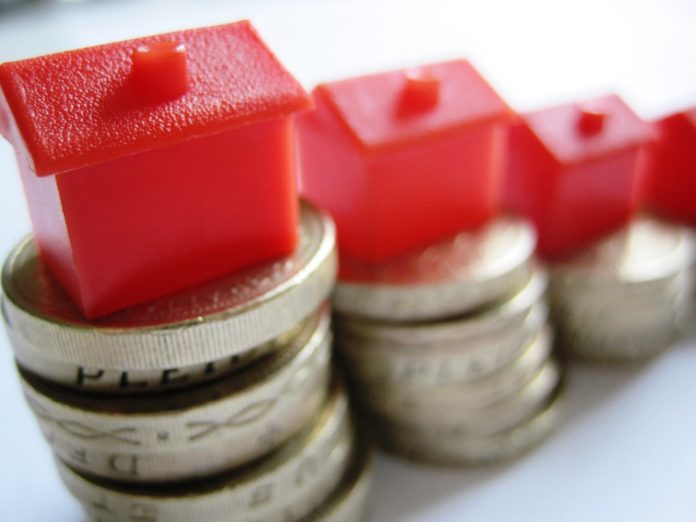A leading securities house in China expects the country’s real estate market to mount a gradual recovery before the end of 2023, following the adverse impact of some of its biggest developers’ debt woes.
Li Zhao, chief economist with Zhongshan Securities, highlighted recent signs of improvement in the Chinese real estate market, chief amongst them positive signals in the national housing market in February.
According to figures from the E-house China R&D Institute, the sales area of new commercial housing in 60 key Chinese cities was 20.05 million square meters in February, for an increase of 47% month-on-month (MoM) and 37% year-on-year (YoY).
Pre-owned home transactions in first-tier cities – a key barometer of the performance of the Chinese real estate market, have also been strong. In the southern Chinese tech hub of Shenzhen, pre-owned home transactions saw a YoY leap of 184.53% to reach 2,942 units in February, for its highest level since July 2021.
The land auction market has warmed up since the start of 2023. Figures from the China Index Academy indicate that as of February 22, 84 cities had seen sales of residential land, with a total of 272 transactions and a total planned construction area of about 23.2 million square meters. The land premium reached 26.87 billion yuan, with an average premium rate of 5.28%.
This compares to an average premium rate of only around 3% for land transactions in 300 cities in China in 2022, and in a clear sign that China’s land auction market has warmed up.
“Based on the feedback from sales offices, marketing agencies, and homebuyers across the country, positive signals for home purchases have been increasing,” Li wrote in a report published on Sina.
Li highlighted the role of active policymaking by Chinese regulators in abetting the recovery of the real estate market.
“The recovery of the real estate market cannot be separated from the policy support in the early stage. Starting from the end of last year, policy support has been further strengthened to support the real estate industry.
“Based on past experience, it can be predicted that before the real estate industry stabilizes, policy support for the real estate industry will not change.
Key recent policy measures have included:
- The Central Economic Work Conference adopted a relatively warm tone for demand-side policy support, stating that it will “support inelastic and improvement-type housing demand.”
- In December last year, Nanjing relaxed its property purchase restriction policy, indicating that the pace of relaxation of property purchase restrictions in second-tier cities had further accelerated.
- In January 5, 2023, the central bank announced the establishment of a dynamic adjustment mechanism for the policy interest rate on first-home mortgage loans, stating that it can “relax the lower limit of the commercial personal housing loan interest rate for first-home purchases on a stage-by-stage basis.”
Despite recent positive signals in the real estate market. Li contends that it is still too early to say whether or not a solid recovery is in place.
Remaining uncertainties include:
- The confidence of Chinese households to purchase homes is still comparatively weak. “After the relaxation of pandemic prevention measures, society’s confidence in economic recovery has greatly increased, which has boosted the confidence of residents in employment and income, and has also increased their willingness to buy houses, but this still takes time.Due to the impact of the ‘unfinished building’ and the “explosion” of real estate enterprises and their financial products last year, residents are still cautious about buying houses, and it is difficult for them to shift their focus in the short term.
- Real-estate policies mainly aim to provide support, and large-scale stimulus policies have yet to be introduced. “Since 2021, the trends of housing prices in first-, second-, and third-tier cities have diverged, with housing prices in first-tier cities still strong. The policy side has continued to implement the overall idea of ‘tailored policies’ to further loosen the real estate market.”
- The actual cost of housing loans for residents is still high, and they have sufficient motivation to repay the loans ahead of schedule, but their willingness to leverage is weak. “Since last year, long-term household trend have shown a downward trend for several months. The ‘advance repayment trend’ from earlier this year has also prompted regulatory authorities to require banks to accelerate the processing of tight demand for early loan repayments. Currently, the willingness of residents to leverage home purchases is still weak.”




